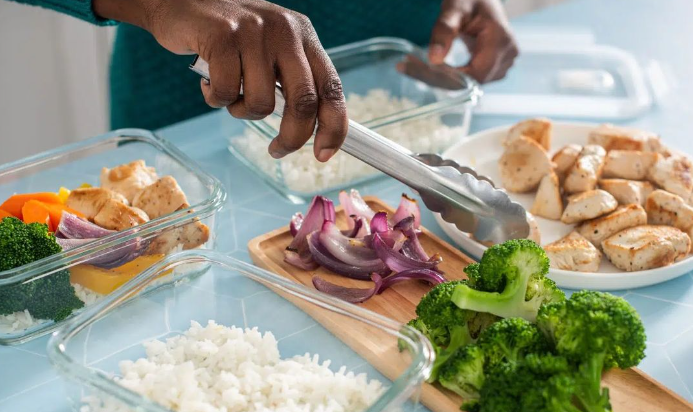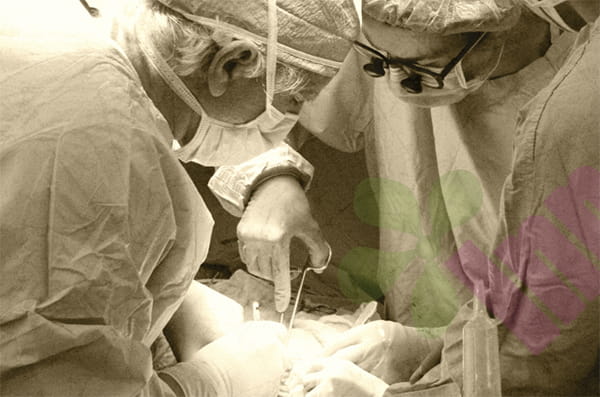Wound healing requires adequate nutrients as a foundation. Proper nutritional intake can accelerate the healing process, reduce the risk of infection, and speed up wound healing . Below, I've shared some foods you should supplement to help wound healing. Follow me as I take a look.

nutrients are needed for wound healing ?
Protein is the most important nutrient for wound healing, serving as the building block for new tissue. Collagen synthesis, immune cell proliferation, and new blood vessel formation all require significant amounts of protein. Adults require 1.5-2 grams of protein per kilogram of body weight per day, with larger wounds requiring higher amounts. Vitamin C also promotes collagen synthesis, strengthens new tissue , and boosts immunity, helping to fight infection. Vitamin A maintains epithelial cell health and promotes granulation tissue formation. Animal liver, egg and dairy products, and dark-colored vegetables are all rich sources of vitamin A. Iron ensures hemoglobin synthesis and provides adequate oxygen to healing tissues. Red meat, animal blood products, and green leafy vegetables are good sources of iron.
should three meals be arranged?
For breakfast, you can choose eggs, milk, or soy milk. For lunch and dinner, make sure you have plenty of fish, meat, or soy products. Eat small meals frequently and choose foods that are easy to digest and absorb .
Avoid these dietary mistakes :
- Excessive supplementation of single nutrients , especially zinc and vitamin A, may be toxic.
- For people with diabetes , it is important to limit sugar intake . High blood sugar can affect white blood cell function and increase the risk of infection.
- In order to heal the wound faster, you must quit smoking and drinking.
What additional attention do special groups need?
Elderly people often have a decreased appetite and need to pay special attention to their nutritional intake. Food should be cooked soft and easy to chew, and the flavor can be slightly stronger to stimulate appetite. Diabetic patients must strictly control their blood sugar, choose foods with a low glycemic index, and eat at regular times and in fixed amounts. Monitor blood sugar changes and adjust diet and medications in a timely manner. Obese patients need to ensure nutrition while controlling total calories, choose low-fat, high-protein foods, and avoid excessive weight gain that affects activity. Postoperatively, patients have weak digestive function and should gradually transition from liquid or semi-liquid foods to a normal diet. Pay attention to replenishing iron lost due to bleeding, and appropriately increase iron-rich foods. Long-term bedridden patients are prone to constipation and should ensure adequate dietary fiber and water intake.
How to determine whether nutrition is adequate?
Weight change is a key indicator. Stable weight or slight weight gain during treatment indicates adequate intake. The rate of wound healing also reflects nutritional status; good healing generally indicates adequate nutritional support. Blood tests can objectively assess nutritional indicators, such as albumin and prealbumin levels. Physical recovery is also important; improved energy indicates good metabolic status.
For more information on Innomed®Hydrocolloid Dressing Ultra-thin, Refer to the Previous Articles. If you have customized needs, you are welcome to contact us; You Wholeheartedly. At longterm medical, we transform this data by Innovating and Developing Products that Make Life easier for those who need loving care.
Editor: kiki Jia

 English
English عربى
عربى Español
Español русский
русский 中文简体
中文简体








